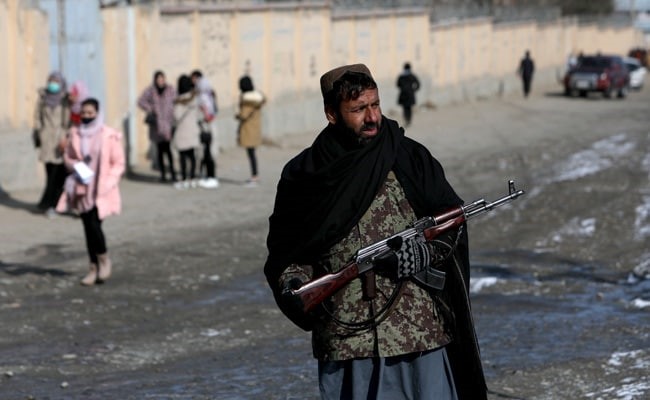| Translate This News In |
|---|
According to diplomats, the United Nations is due to exhaust travel ban waivers for 13 Taliban officials on Friday, barring a deal by Security Council members on a possible extension.
A 2011 UN Security Council resolution sanctioned 135 Taliban officials with asset freezes and travel restrictions.
However, 13 of them were granted exemptions from the travel ban in order to meet with officials from other countries abroad.
The Afghanistan Sanctions Committee, comprised of 15 members of the United Nations Security Council, lifted two Taliban sanctions in June.
In June, the Afghanistan Sanctions Committee of the 15-member United Nations Security Council withdrew two Taliban education ministers from the exemption list due to the regime’s violation of women’s rights.
Simultaneously, they extended the exemption for the others until August 19, plus a month if no member protested.
According to diplomatic sources, Ireland protested this week.
China and Russia have requested an extension, while the US has requested a reduction on the number of officials authorised to travel and the destinations to which they can travel.
According to diplomatic sources, the newest proposal on the table would enable only six officials to travel for diplomatic purposes.
If no member of the Council objects by Monday afternoon, it will go into effect for three months.
Meanwhile, the exemptions for the 13 officials expire at midnight on Friday.
Among the 13 are Deputy Prime Minister Abdul Ghani Baradar and Deputy Foreign Minister Sher Mohammad Abbas Stanekzai.
They were key in negotiations with the US government of then-President Donald Trump, which resulted in a deal in 2020 clearing the way for America’s exit from Afghanistan.
This week, a representative for China’s UN mission, which currently holds the Security Council’s rotating president, termed the Western position relating the travel ban to human rights “counterproductive.”
The exemptions are “required as much as ever,” according to the spokesperson, who added that if all other Council members want to do is reimpose the travel restriction, “obviously they have learned no lessons at all.”
Despite vows to be more flexible after seizing power in August of last year, the Taliban have essentially reverted to the strict Islamist rule that characterised their previous tenure in power from 1996 to 2001.
They have severely limited the rights and freedoms of girls and women in particular, requiring them to wear burkas, virtually ending girls’ education, and methodically removing women from Afghan workplaces.
So far, no country has recognised the government.


















